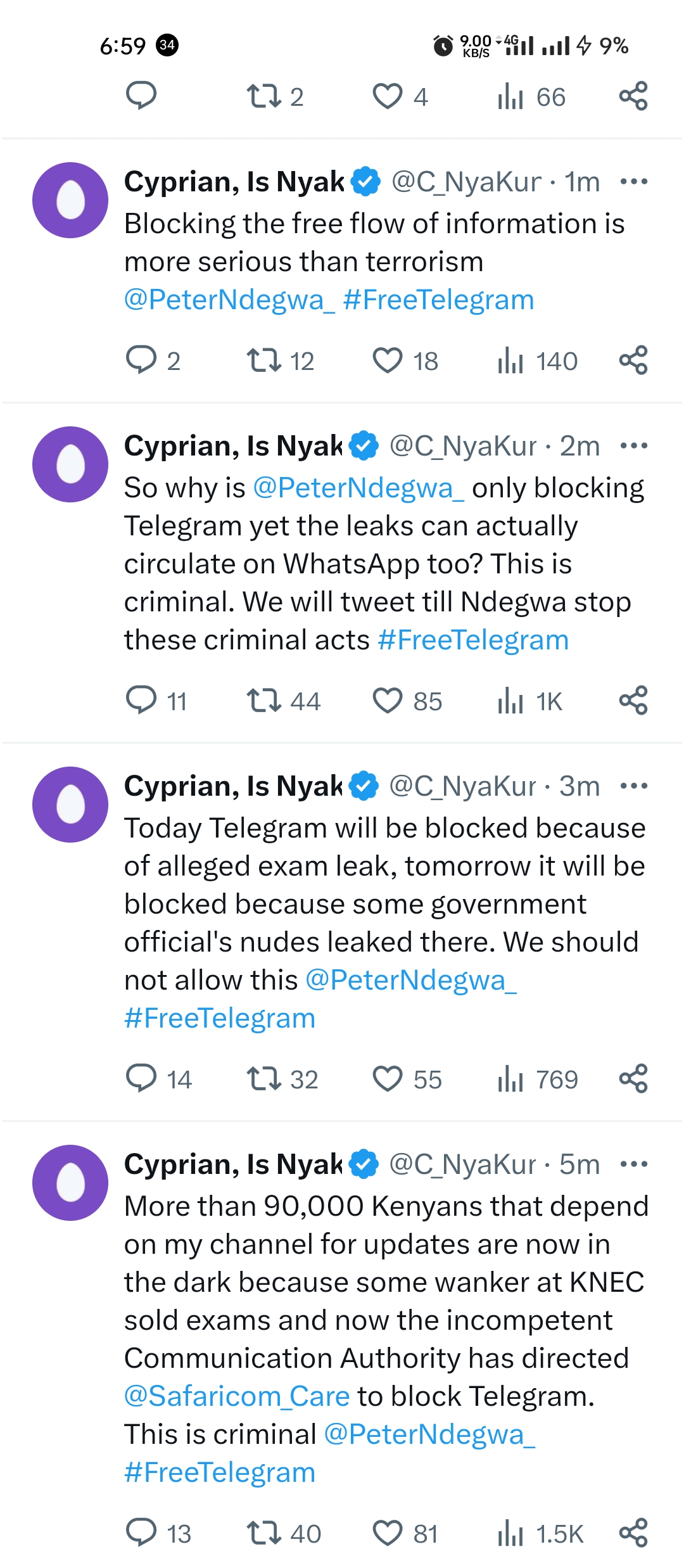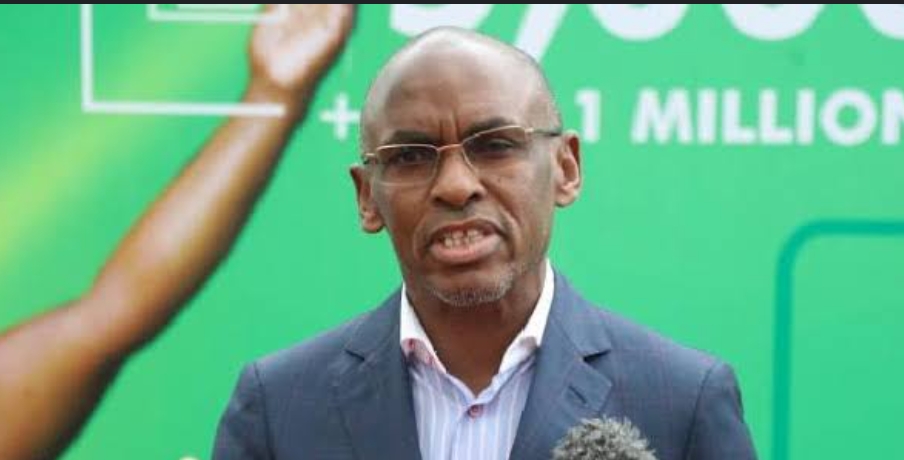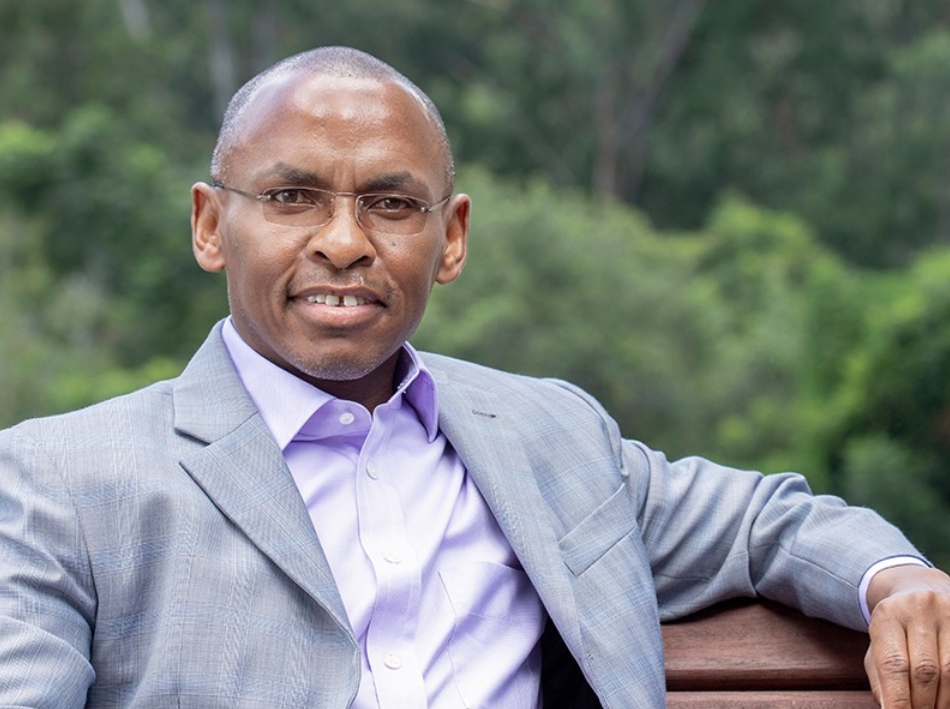Safaricom PLC CEO Peter Ndegwa is facing public backlash following the reported throttling of Telegram in Kenya during this year’s Kenya Certificate of Secondary Education (KCSE) exams.
According to a series of X posts by blogger Cyprian Nyakundi on November 8, this restriction, allegedly requested by the Communications Authority of Kenya (CA) and influenced by the Kenya National Examinations Council (KNEC), is part of an attempt to curb the spread of leaked exam materials.

Safaricom CEO Peter Ndegwa. Photo: Safaricom Source: Facebook
However, the move has sparked widespread outrage, with critics arguing that it infringes on the freedom of information for millions of Kenyans who rely on Telegram for communication.
The debate escalated after prominent online influencers raised concerns on Twitter, questioning why Safaricom would limit access to a widely-used communication platform rather than addressing the root issue of exam security within KNEC.
According to critics, targeting Telegram is a misplaced solution that punishes innocent users while overlooking internal vulnerabilities in the examination council. Some argued that leaks could just as easily circulate on other messaging platforms, such as WhatsApp, yet only Telegram has been restricted.

Public outcry has highlighted the broader implications of the move, with some labeling it as a “dangerous precedent.”
The fear is that blocking access to platforms could become a common solution for various issues, potentially restricting Kenyans’ access to information in the future.
This sentiment was echoed by activists who described the blocking of Telegram as “more serious than terrorism,” pointing to the platform’s importance for communication and the economy.
Safaricom CEO Peter Ndegwa. Source: Facebook
In response to the criticism, there has been no official statement from Safaricom or Ndegwa addressing the decision directly. However, the controversy raises significant questions about corporate responsibility, censorship, and the need for transparency in decision-making, particularly when millions of Kenyans are affected.
The KCSE exams continue amidst this growing debate, leaving many to wonder about the future of digital rights in Kenya.




